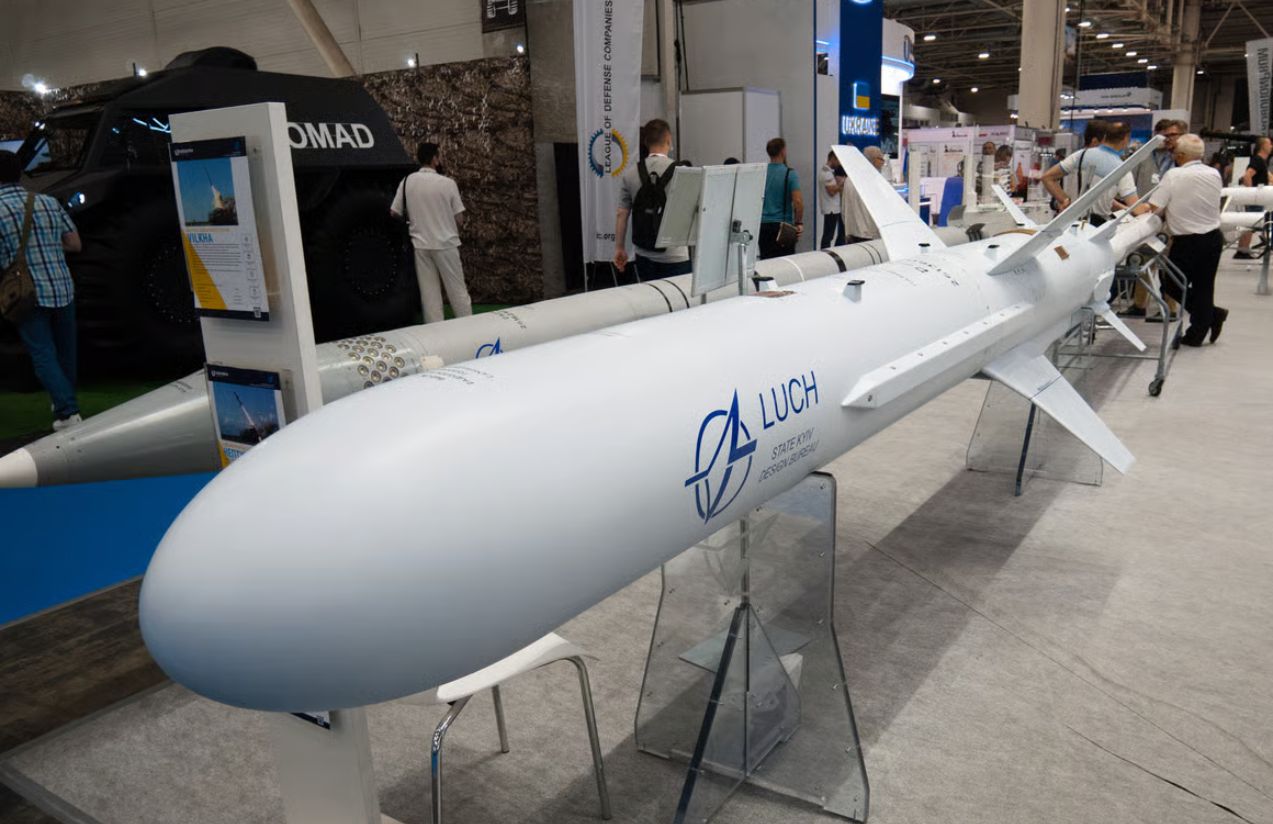Ukraine’s Security Service (SBU) has announced the arrest of two Chinese nationals—a 24-year-old man and his father—accused of attempting to transfer classified documents on the Neptune missile system to China, a critical component of the country’s defense strategy.
In an official statement shared via Telegram, the SBU reported that the young man was caught in flagrante delicto while trying to transmit sensitive documents. “SBU counterintelligence detected the spy in the early stages of his intelligence-gathering activities and apprehended him with solid evidence,” the agency stated.
The case, made public on Wednesday, has sent shockwaves through Ukraine’s national security establishment, particularly amid growing international concern over the transfer of military technology to Russia and its allies.
The suspect, a former university student in Kyiv until 2023, was expelled for academic underperformance but remained in the capital. According to Ukrainian authorities, this allowed him to maintain strategic contacts and engage in intelligence work. The SBU added that he had attempted to recruit a Ukrainian citizen directly involved in the development of the Neptune missile.
The R-360 Neptune missile, developed by the Kyiv-based Luch Design Bureau, is one of Ukraine’s most significant technological achievements in the defense sector. The anti-ship cruise missile has played a key role in defending Ukraine’s coastline and has proven its effectiveness in the Black Sea theater of operations.
The documents targeted in the espionage attempt reportedly contained highly classified technical data about the missile’s design and operation. Had this information reached Chinese authorities, it could have severely compromised Ukraine’s national security and disrupted the regional technological balance.
The counterintelligence operation—conducted in coordination with Ukraine’s Prosecutor General’s Office—not only prevented the information leak but also uncovered evidence of the suspect’s close ties to Chinese military and intelligence institutions. According to the SBU, the young man maintained “close links with China’s security services and General Staff.”
His father, a Chinese resident, traveled frequently to Kyiv and arrived just two days before his arrest on Monday. Authorities believe he personally oversaw his son’s activities and acted as a direct liaison with Chinese intelligence. “It is believed he coordinated his son’s agent activities,” both the SBU and the Prosecutor General’s Office stated, reinforcing the theory of a family-run espionage operation with international ramifications.
The investigation remains in the pretrial phase, and officials have not ruled out further arrests or revelations about the broader spy network.
The arrests come at a particularly sensitive time for Ukraine-China relations. On Tuesday, the Ukrainian government imposed sanctions on five Chinese companies accused of supplying components used in weapons deployed by Russia in its ongoing war of aggression against Ukraine. These sanctions build on earlier measures signed by President Volodymyr Zelensky targeting three other Chinese firms allegedly involved in providing gunpowder and artillery materials to the Russian military.
Ukraine has identified several countries—including China, India, the United Arab Emirates, Kazakhstan, and Armenia—as facilitators of the acquisition of military-grade technology used by Russian forces.
Adding further complexity, Chinese Foreign Minister Wang Yi last week rejected accusations that Beijing is aiding Russia militarily. Speaking during an official visit to Germany, Wang stated, “The military or dual-use materials Russia imports actually come from the West,” in an attempt to distance China from mounting international pressure and sanctions.




















